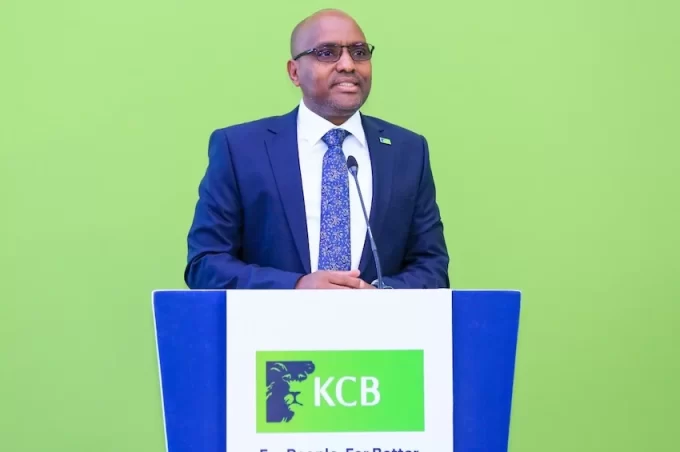Businesses have been challenged to incorporate fraud detection tools as more transactions move online and e-commerce becomes mainstream.
Speaking during the Pesapal – Caffè Session, the outgoing Pesalink Chief Security Information Officer Stacy Chege noted that online fràud is a growing threat to the economy and to personal financial security.
Merchants, she said, must safeguard themselves and their customers against online payment fraud by integrating payment gateways like Pesapal as a secure checkpoint for online transactions.
“With the digital economy evolving rapidly, businesses of all sizes need to re-evaluate their position and tools when it comes to fràud management. Employing approaches that have been proven to be the most efficient in combating card and online payment fràud can minimise losses and chargeback,” Ms Chege said.
Card fràud and buyer remorse are the leading instances of fràud for most merchants in Kenya. In 2021, the Kenya National Bureau of Statics reported that data breaches like data extortįon, data leakage, and data disclosure constituted almost 71 percent of the cyber-attàcks for Kenyan businesses.
“Our aim is to boost people’s trust and confidence in online transactions. We securely authenticate any customer’s card and device details when they make a purchase online before a transaction ever reaches the bank,” Pesapal Head of Risk and Compliance Anthony Irungu said.
“At Pesapal, we have an extensive monitoring system to protect our merchants and customers from online payment fràud.”
Despite the substantial risk that fràud poses to businesses, many companies lack systematic systems and procedures for preventing, detecting, and responding to fràud. Some of the fràud detection tools that Pesapal employ to reduce online fràud-related losses include, Payer Authentication (3-D secure), device identification, flagging suspicious transactions, mapping out of high-risk countries and sectors, CVV or Card Verification Number (CVN), and Address Verification Service (AVS).
“At Sarova Hotels, we follow protocols such as observing patterns of a region. We are also able to flag any suspicious transactions. One way is to limit the number of large transactions, which is an essential step toward avoiding chargebacks. In addition, we limit the number of failed transactions that go through the payment gateway,” Sarova Group Revenue Manager Felix Musa said.
“As e-commerce continues to grow, cybercrime is on the rise. Crimįnals are constantly spotting opportunities to àbuse people’s trust and trick them more and more. Merchants, therefore, need a full stack of payment fràud detection tools via their payment gateways.”
To protect themselves, companies need to understand the pace, direction, and paths along which fràud is moving and the trends shaping the future of fràud management. Cardholders and merchants must also be vigilant and ensure they are prudent while transacting online.
“Every eCommerce business owner should know that online payment fràud is on the rise. The rollout of EMV chip cards made it harder for fraudsters to pass off a counterfeit card at point of sale, now, all that crįminal payment activity that used to happen in person has moved online,” Ms Chege added.
Combatting online payment fràud is facilitated when the public is fully educated and aware of its types and the prevention methods available. People are reliant on the internet; the possibility of being breached by hàckers and fraudsters is growing, especially as socialising, online shopping and banking are carried out through personal computers or mobile devices.
Pesapal Caffé Sessions is an initiative by Pesapal targeting professionals in various sectors. The aim is to connect individuals, share learnings and transfer knowledge with a critical focus on the digital economy.
Read: Pesapal Targets Bars, Entertainment Joints With Innovative Tech Solutions
>>> Pesapal Wins VISA Innovator Award 2021



![Kerry Group has a presence across multiple continents. [Photo/ Food Business News]](https://businesstoday.co.ke/wp-content/uploads/2022/06/images-2022-06-17T123007.738-150x150.jpeg)









Leave a comment